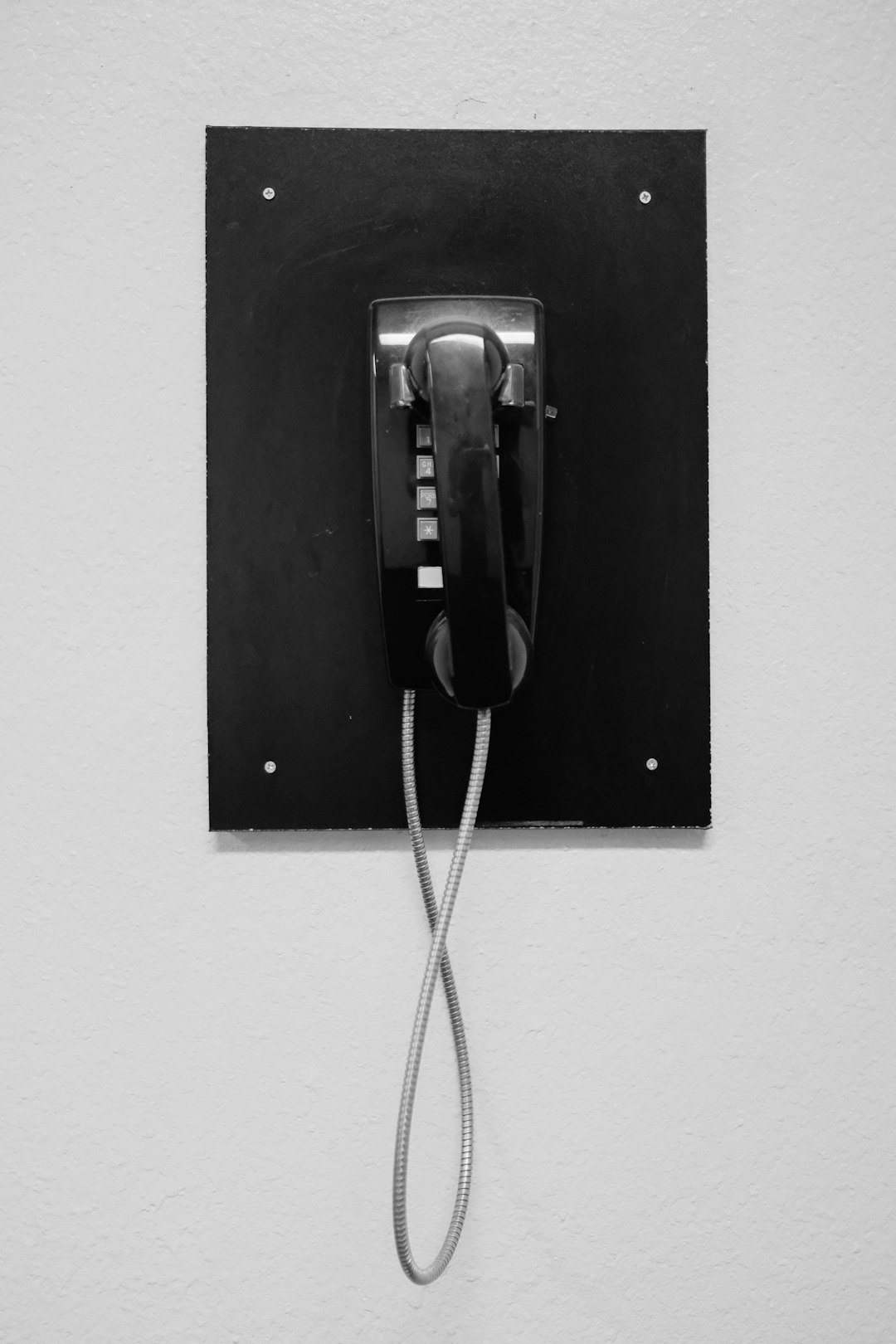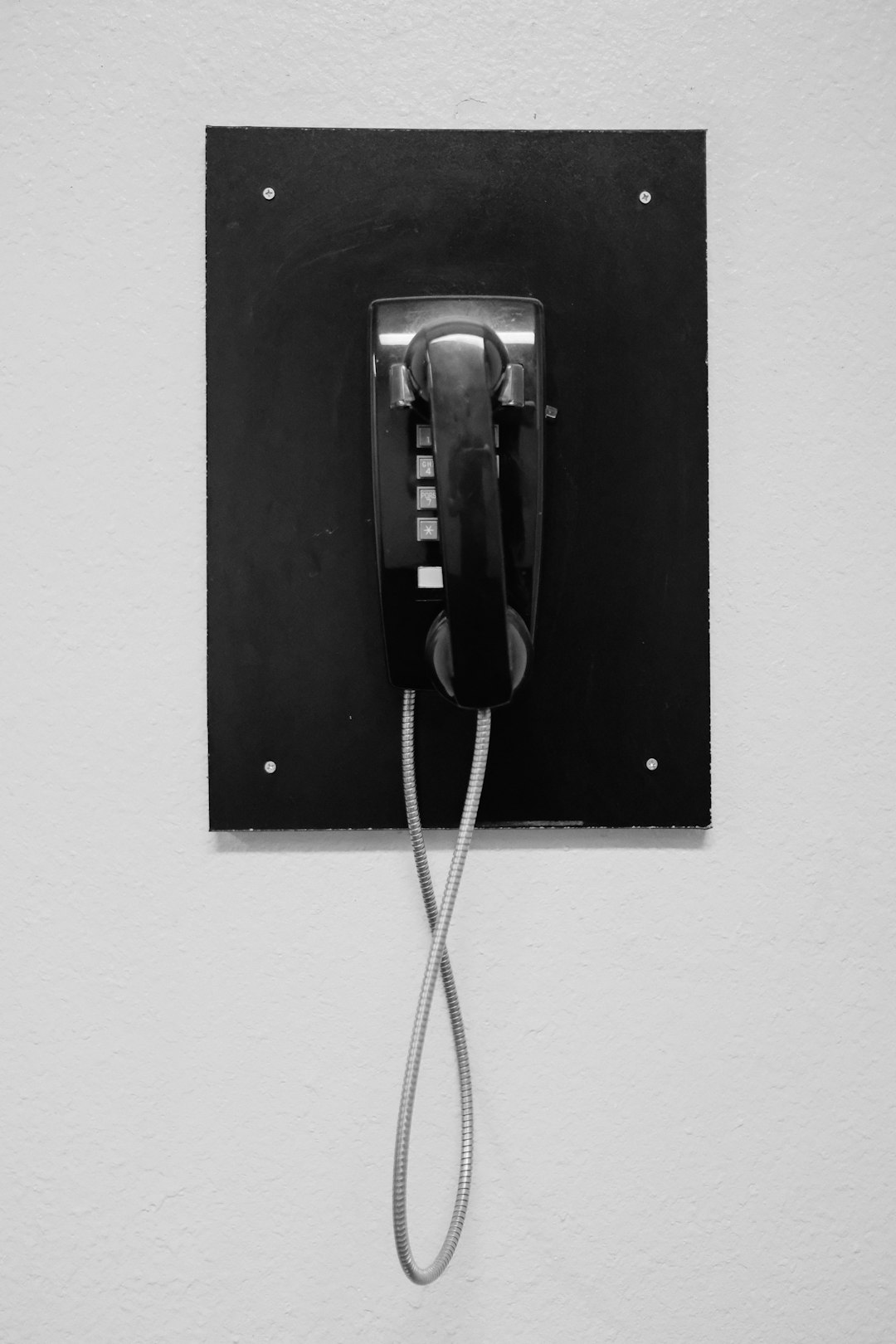Minnesota offers robust consumer protection against telemarketing harassment through its strict Do Not Call list, enforced by the Attorney General's office. Residents can opt-out of sales calls, and violators face significant fines up to $50,000 per violation, ensuring a peaceful environment for those who prefer no marketing contact. The Do Not Call Attorney plays a crucial role in protecting consumers' rights.
In Minnesota, the Attorney General plays a pivotal role in safeguarding consumers from aggressive telemarketing practices. With a strict adherence to state regulations, particularly the Do Not Call list, residents enjoy greater protection against unwanted sales calls. This article delves into Minnesota’s efforts to enforce these rules, exploring the rights of residents, penalties for violations, and how the Do Not Call list empowers Minnesotans to reclaim their peace and privacy from telemarketers.
Minnesota's Role in Protecting Consumers from Telemarketers

Minnesota plays a significant role in protecting consumers from aggressive telemarketing practices through the enforcement of strict regulations by the Attorney General’s office. The state has a robust ‘Do Not Call’ list, managed by the Minnesota Attorney General, which allows residents to opt-out of unsolicited phone calls from telemarketers. This initiative is a powerful tool in ensuring that folks are not harassed by unwanted sales calls.
The Attorney General’s department actively monitors and investigates complaints related to telemarketing fraud or abusive practices. They work tirelessly to hold accountable those who violate the state’s laws, thus fostering an environment where consumers can make informed choices without fear of being targeted by unscrupulous marketers.
Understanding the Do Not Call List and Its Enforcement

In Minnesota, the Do Not Call List (DNC) is a powerful tool designed to protect residents from unwanted telemarketing calls. This list is enforced by the Attorney General’s office, ensuring compliance with state regulations. If a caller tries to contact a number on the DNC list, they risk legal consequences, including fines. The list is regularly updated and maintained, allowing residents to opt-out of receiving marketing calls at any time.
The Do Not Call List is not just a suggestion; it’s a regulated practice. Minnesota’s Attorney General actively monitors compliance, conducting investigations and taking action against violators. This strict enforcement makes it clear that telemarketers must respect consumer choices and follow the state’s guidelines to avoid legal repercussions. By doing so, it fosters a more peaceful and less disruptive environment for residents who wish to be left alone.
Rights of Residents: What to Expect During Telemarketing Interactions

Minnesota residents have certain rights and protections when it comes to telemarketing calls, thanks to the state’s strict regulations. If a consumer does not wish to receive telemarketing calls, they can register their number on the Minnesota Do Not Call list. This list ensures that marketing calls are restricted, giving residents some control over their phone interactions.
When a resident is contacted by a telemarketer, they have the right to ask for the caller’s identification and hang up at any time. It’s advisable to note down the caller’s information if you decide to file a complaint later. The Minnesota Attorney General’s office actively enforces these regulations, so residents can feel confident in asserting their rights and reporting any violations of telemarketing laws.
Penalties for Violations: Holding Marketers Accountable

In Minnesota, violations of telemarketing regulations can result in severe penalties for offenders. The state’s Do Not Call Attorney plays a pivotal role in holding marketers accountable and ensuring consumers’ rights are protected. If a company or individual engages in unauthorized telemarketing practices, they may face substantial fines, ranging from $10,000 to $50,000 per violation, depending on the severity. These strict penalties aim to deter unsavory marketing tactics and promote ethical business conduct.
Additionally, the Attorney General’s office has the authority to issue cease-and-desist orders, requiring offenders to stop their illegal activities immediately. Repeated violations can lead to more severe consequences, including permanent injunctions against further telemarketing and potential criminal charges. Such robust enforcement mechanisms underscore Minnesota’s commitment to maintaining a fair and transparent consumer environment, especially regarding unwanted phone calls.






